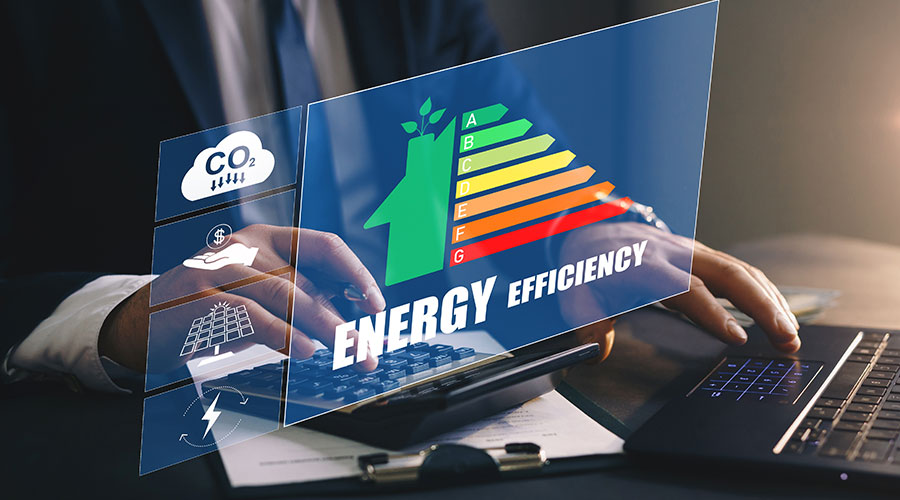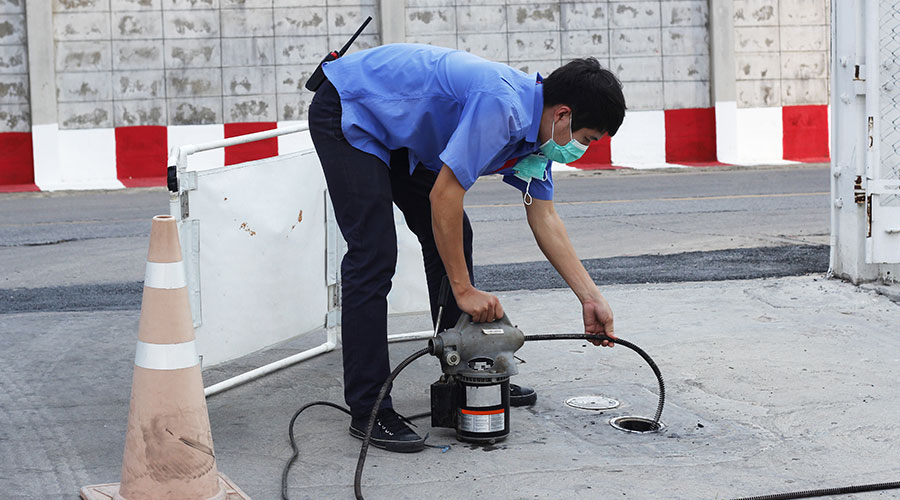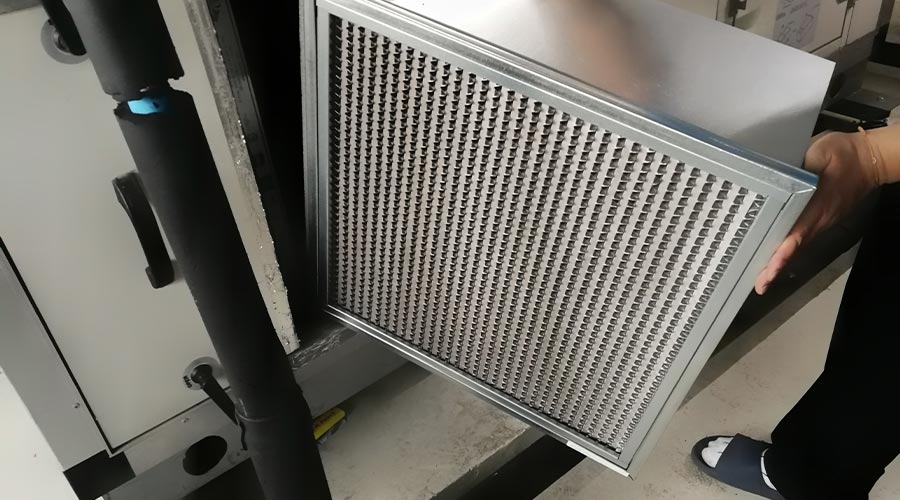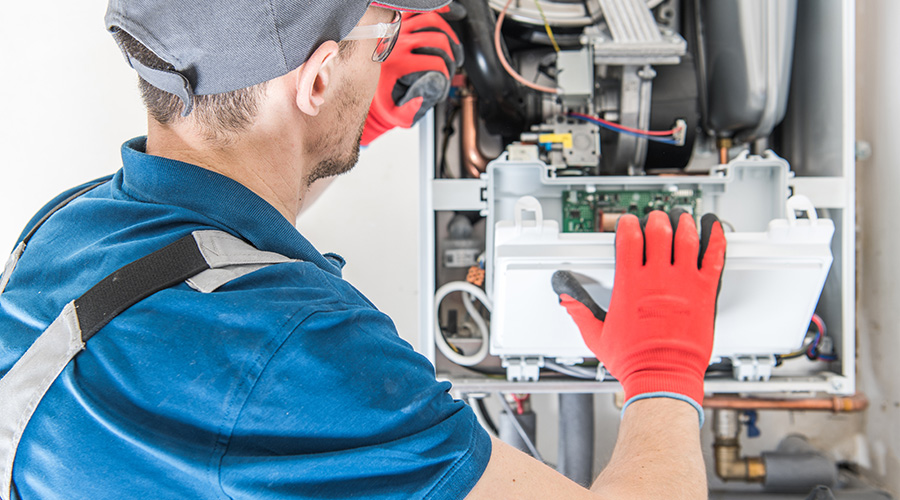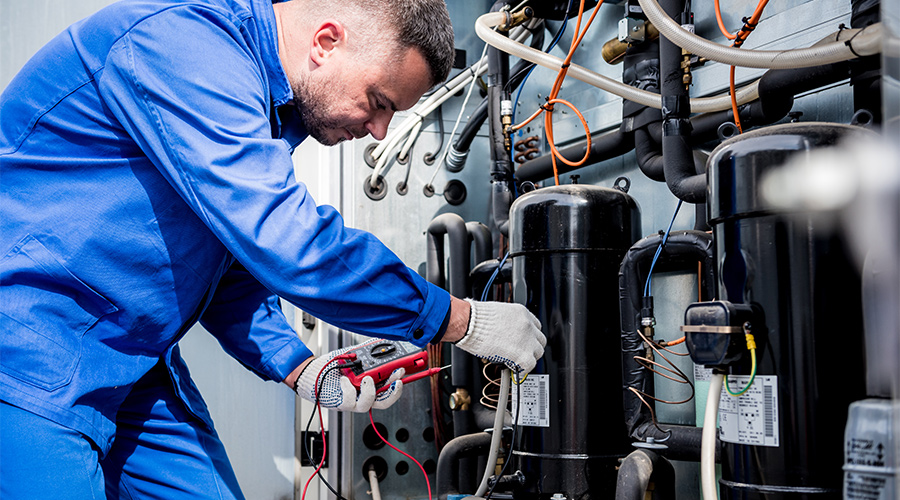Condensing Boilers: Understanding Efficiency Ratings
It seems safe to assume the boilers in many institutional and commercial facilities are not operating as energy efficiently as they could be. What seems less safe to assume is that maintenance and engineering managers, despite a constant search for savings, are eager to tackle the challenge of specifying a new boiler. The unit's cost, combined with its central role in keeping facilities comfortable, makes replacement a daunting challenge. Manufacturers of boilers and water heaters understand the hesitancy but believe their products can help managers achieve their energy-efficiency goals.
"Specifying ultra-high-efficiency condensing boilers as part of any boiler-system upgrade will provide the ability for significant energy savings over older boiler designs," says Joel Southwell, director of energy technologies and controls with Fulton Heating Solutions. "The key to maximizing energy savings is to make sure the condensing boiler plant is controlled in a way that operates the boilers at their highest efficiency points as often as possible."
The challenges manufacturers face in helping customers match available products to facility needs include overcoming myths about boiler efficiency, bringing managers up to speed on technology advances, and ensuring they properly maintain new-generation boilers properly.
Efficiency Myths
Condensing boilers are becoming more popular options for many education and health care facilities, says Ray Pierce, national sales manager with Hurst Boilers. But as these boilers gain in popularity compared with traditional, non-condensing units, manufacturers say they need to educate managers and boiler operators about efficiency ratings.
Condensing boilers are designed to capture the latent heat of condensation of water vapor in the exhaust steam. By extracting this latent heat, the boilers can achieve higher efficiency levels, manufacturers say. By contrast, non-condensing boilers do not capture latent heat from flue gases, so they operate at lower efficiencies.
The critical factor in ensuring maximum efficiency of condensing boilers is the return-water temperature, which generally is kept below 120 degrees. The return-water temperature determines whether the boiler operates in condensing mode.
Many customers specify condensing boilers because they are eager to achieve the higher efficiency the units promise to deliver, says Steve Connor, director of marketing with Cleaver-Brooks, adding many units tout thermal efficiencies of 95-99 percent. But improper return-water temperatures too often undermine these efficiencies.
"They get 80 percent thermal efficiency, at best," Connor says.
Some manufacturers believe part of the problem lies with operators who fail to properly monitor the return-water temperature, as well as other critical factors. Another roadblock to achieving the higher efficiencies is that operators monitor the performance of condensing units the same way they monitored non-condensing units for decades because, Connor says, "It's the way it's always been done."
Jack McKeegan, a consultant who works with Ajax Boiler Inc. on various projects, agrees many customers fail to understand the importance of water temperature in achieving promised efficiency. He points to a government facility that spent a great deal of money to install new, higher-efficiency condensing boilers.
"They were quite certain they had the greenest boilers in the state." At the manager's invitation, McKeegan used a combustion analyzer on the boilers and came up with an efficiency rating of 87.4 percent.
"They were stunned," he says, adding the lesson in all of this is, "Efficiency ratings can't be taken at face value."
Related Topics:






